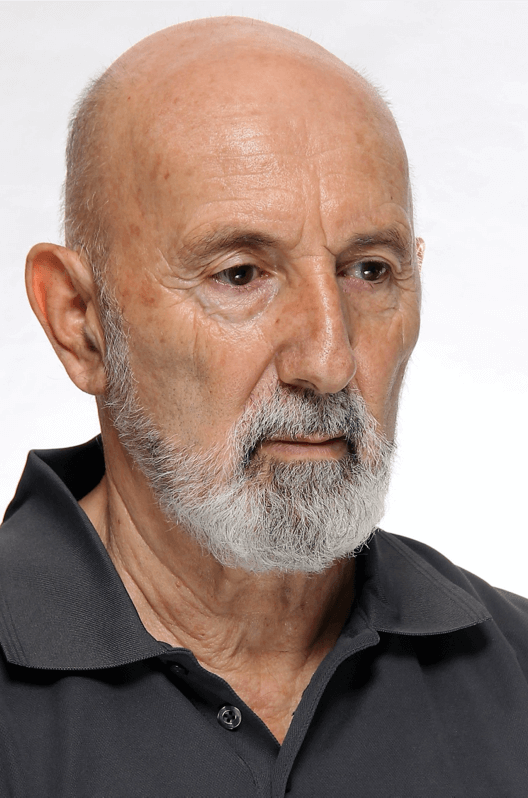Causes of Mental Disorders
The Evolutionary Mechanism of Human Dysfunctional Behavior, by Dr. Ivan Fuchs, unravels the causes of mental health problems. In short, Fuchs answers the most basic question for mental health—why? That is, why do humans develop mental disorders? Because, as a leading psychiatrist, Fuchs finds it curious for humans to be the anomaly in the animal kingdom.
More precisely, humans are supposedly at the top of the evolutionary ladder. However, mental disorders in humans oppose the process of biological natural selection. Namely, humans think and act in ways that are self-destructive or not in our best interests. In the extreme, these manifest as mental disorders. Finally, mental illness doesn’t sustain our species.
Dr. Ivan Fuchs explains why this is the case. As a psychiatrist, he observed mental illness first hand. While he could describe it, he couldn’t explain its origins. Thus, he sought answers to the why question in evolutionary biology and genetics. This book marshals a wide-range of research to make the case for his “gene-culture coevolution” theory on human dysfunctional behavior. And the answer is rooted in Darwinian evolutionary thinking.
Gene-Culture Coevolution
His theory can be boiled down to these basic points:
1. Relaxation. First, natural selection results from forces in the natural environment. Second, over time, humans have adapted to the environment. We call this human civilization. Humans developed technologies and culture to make life easier. Basically, instead of the environment dictating how we live, we attempt to control our environment. The more we control the environment, the less pressure the natural selection process exerts on us.
2. Diversification. Relaxation of natural selection pressures leads to excessive diversification of innate predispositions. And one of the bad consequences of relaxation is the development of dysfunctional behavior. Fuchs deals primarily with severe forms of dysfunctional behavior (categorized as mental disorders). Consequently, his research pinpoints those genetically based behavioral complexes that predispose humans to major forms of mental disorders. These include anxiety, affective and personality disorders, paranoia, and schizophrenia.
3. Interaction. Fuchs also makes clear that innate predispositions cannot account for all diagnosable mental disorder categories. For full-blown clinical symptomatology to develop, the innate predisposition has to interact with influences after childbirth. The initial of these influences is learning. Consequently, psychiatric understanding and research has to distinguish sharply between two factors. On the one hand, it must mark off those mental (brain) structures and functions that constitute the innate predisposition to a certain mental disorder. On the other hand, it must identify those involved secondarily during the lifespan (i.e., learned).
At the age of 70, when I finished my book (after working on it for more than 35 years) I felt lost. In spite of writing on a scientific topic, trying to publish it at an acknowledged academic publishing -house seemed hopeless. I am not an academician, had no previously published books, the approach to the book’s subject matter is entirely novel, and I had no time and mental energies to tackle with successive refusals, multiple reviewers suggestions for amendments, and I dreaded plagiarism.
Then I found a warm recommendation for Radius Book Group in one of Jane Friedman’s articles, and sent them the book. The outcome couldn’t be any better. The book was instantly accepted. Mark Fretz, the editorial director, guided me (a novice in book publishing) thoughtfully through the intricacies of the editing process. He put me in touch with a very able editor (Ed Levy) who reshaped my less-than-adequate English making the text more succinct, semantically clearer and grammatically correct. The voluminous (600 pages) book was published in less than two years. Now our joint publicizing and marketing efforts seek to contact the appropriate audience. I would like to express my gratitude to Radius Book Group’s whole staff.
Ivan Fuchs


